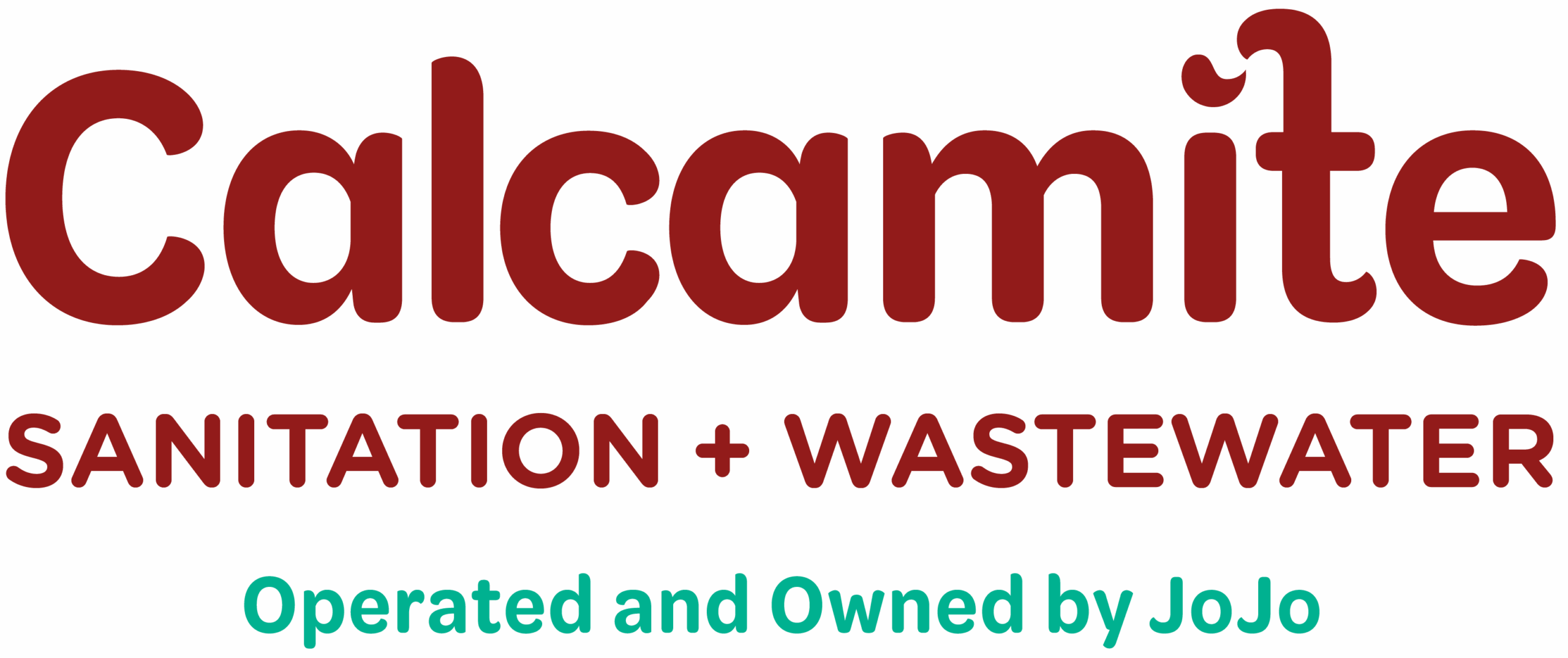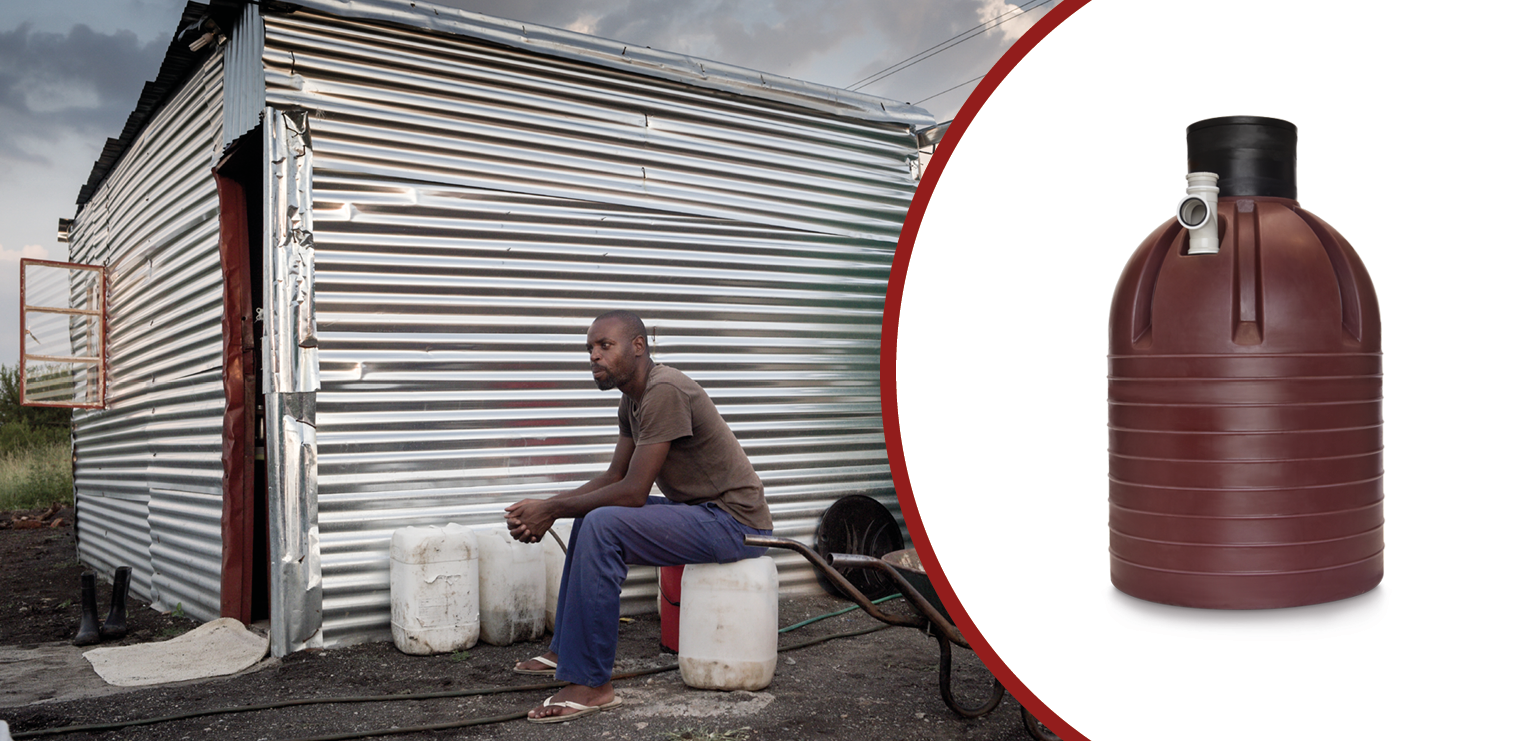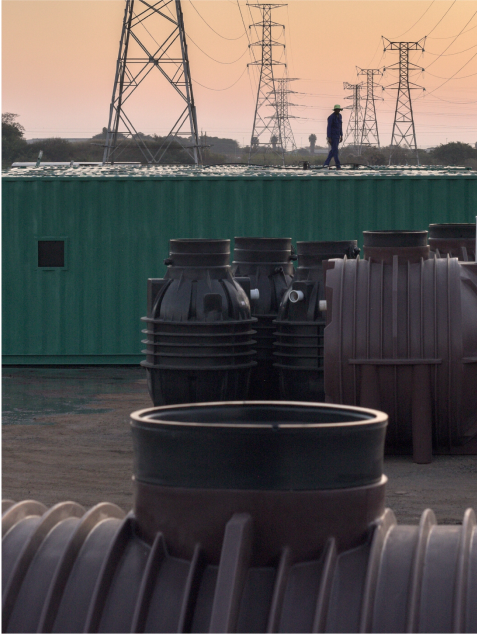If you’ve ever travelled the road from Mbombela to Tzaneen in Mpumalanga, you’ve likely passed the town of Bushbuckridge. At first glance, it’s a town like any other, but appearances can be deceiving!
According to 2022 census data, Bushbuckridge has 750,821 people living in 135 settlements, spread out over approximately 1,587 square kilometres. 98% of the Bushbuckridge population lives in formal houses as defined by Statistics South Africa. You’d be hard-pressed to tell the difference between a newly built house in Bushbuckridge and one in Sandton.
So far, so normal… but here’s where things get interesting. In Bushbuckridge, only 11,9% of people are connected to piped water in their dwellings, and just 6,8% have flushing toilets connected to a sewer, according to the latest data from Stats SA. In contrast, in the City of Johannesburg, 87.1% of residents have flushing toilets connected to a sewer, and 64.7% of people have piped water in their homes.
Bushbuckridge is merely one example of the stark sanitation challenges faced by countless rural communities across South Africa. Looking at the broader picture, while 65% of South Africans overall have access to flushing toilets, this figure masks the huge disparities between urban and rural areas.
Rethinking Sanitation Solutions
Water-borne sanitation has undoubtedly become the prevailing norm. However, the traditional model of large-bore gravity sewers and centralised sewage treatment plants may not be the most feasible or cost-effective solution for rural settlements.
The Water Research Commission’s 2011 Water-borne Sewage Design Guideline highlights alternative technologies better suited to these unique challenges. These include:
- Small-bore systems or small-diameter gravity (SDG) sewers
- Solids-free sewers (SFSs), also known as septic tank effluent gravity (STEG) sewers
These innovative systems transport wastewater by gravity from interceptor or septic tanks to a centralised treatment plant. They employ smaller diameter pipes laid in shallow trenches, following the natural contours of the land. This approach significantly reduces capital, excavation, and construction costs, making them a more attractive option for rural communities.
Water & Sanitation Challenges and Opportunities
Water and sanitation are inextricably linked. In many rural communities, groundwater from boreholes serves as the sole water source. Implementing water-borne sewage systems becomes impractical when water scarcity is a pressing concern. As a result, many households continue to rely on water tankers, pit toilets, and JoJo tanks for their water and sanitation needs.
Many rural South Africans dream of having access to piped water, flushing toilets, and a reliable sewage system. Those who can afford it are already taking steps towards this goal, installing boreholes and septic tanks, essentially initiating decentralised sewage treatment on a small scale.
However, this approach poses significant health risks. Pit toilets and soakaways can contaminate groundwater, leading to E. coli contamination of boreholes and the potential for devastating cholera outbreaks.
Wastewater Reuse in South Africa – A Pathway to a Greener Future
Limpopo, home to South Africa’s largest rural communities, faces unique water scarcity challenges. With much of the Limpopo catchment area receiving less than 500mm of annual rainfall, the potential for reusing treated wastewater for irrigation offers a promising solution to enhance both water and food security in the region.
That said, it’s crucial that wastewater undergoes proper treatment to meet the necessary standards for reuse. Small-scale, decentralised sewage packaged plants strategically located within these communities can play a vital role in improving effluent quality and facilitating safe and sustainable water reuse for irrigation purposes.
Calcamite – Your Partner in Sustainable Sanitation
Calcamite, a proudly South African company and a subsidiary of JoJo Tanks (Pty), specialises in providing packaged wastewater treatment plants, septic tanks, and conservancy tanks in various sizes, all adhering to SANS 52566-1, and the Department of Public Works’ Small Waste Water Treatment Works Design Guidelines.
Our decentralised packaged wastewater treatment plants boast a capacity range from 1kl to 250kl per day, catering to the needs of individual households, communities, schools, hospitals, shopping malls, and public facilities.
The treated wastewater from our plants meets the stringent requirements of the National Water Act 36 of 1998, ensuring its suitability for a variety of non-potable applications.
With over 40 years of experience, Calcamite has consistently pioneered innovative and eco-friendly on-site wastewater management solutions. Our comprehensive systems empower you to manage, recycle, and dispose of wastewater efficiently, safely, and sustainably.
Key Considerations for Effective Sanitation Systems
Selecting appropriate sanitation systems requires careful consideration of several crucial factors, as outlined by the Department of Water Affairs and Forestry (DWAF, 2001):
- Affordability: The system must be financially viable for the household or community it serves.
- Operation and Maintenance: The system should be easy to operate and maintain, with readily available support and resources.
- Sustainability: The system should be designed for long-term use, minimising environmental impact and resource depletion.
- Health Improvements: The system should significantly enhance public health and hygiene, reducing the risk of waterborne diseases
- Environmental Compliance: The system must adhere to all relevant environmental protection regulations.
- Community Implementation: The system should be implementable by local contractors, fostering community involvement and ownership.
Dispelling the Maintenance Myth – Packaged Sewage Plants
Concerns about maintenance often arise when considering packaged sewage treatment plants. However, it’s important to remember that all sewage treatment systems, regardless of size or complexity, require some level of upkeep.
The core principle of biological treatment systems involves converting biological waste into biomass (sludge) and gases. Consequently, periodic sludge removal, disinfectant replenishment (such as chlorine), and maintenance of mechanical components like pumps and blowers are essential for optimal performance.
For smaller, household-scale plants, the maintenance effort is comparable to that of a swimming pool. It involves routine checks of pumps and blowers, along with periodic replacement of chlorine tablets. For larger installations, including a maintenance contract in the procurement process is highly recommended.
Calcamite offers comprehensive maintenance contracts, including 3-month minor services and annual major services, ensuring your system operates smoothly and efficiently.
Improving Sanitation for All
Improving sanitation is crucial for South African rural areas. Millions of people need better sanitation to live healthier lives. The current sewage systems are struggling to keep up, so we need to find new, affordable solutions that work better for everyone.
At Calcamite, we’re committed to playing our part in addressing this challenge. Our range of innovative and sustainable wastewater treatment solutions offers a viable pathway to enhancing sanitation in rural areas, safeguarding public health, and protecting the environment.
Learn more about our:
Or Contact us to learn more about how Calcamite can help you achieve your sanitation goals.



